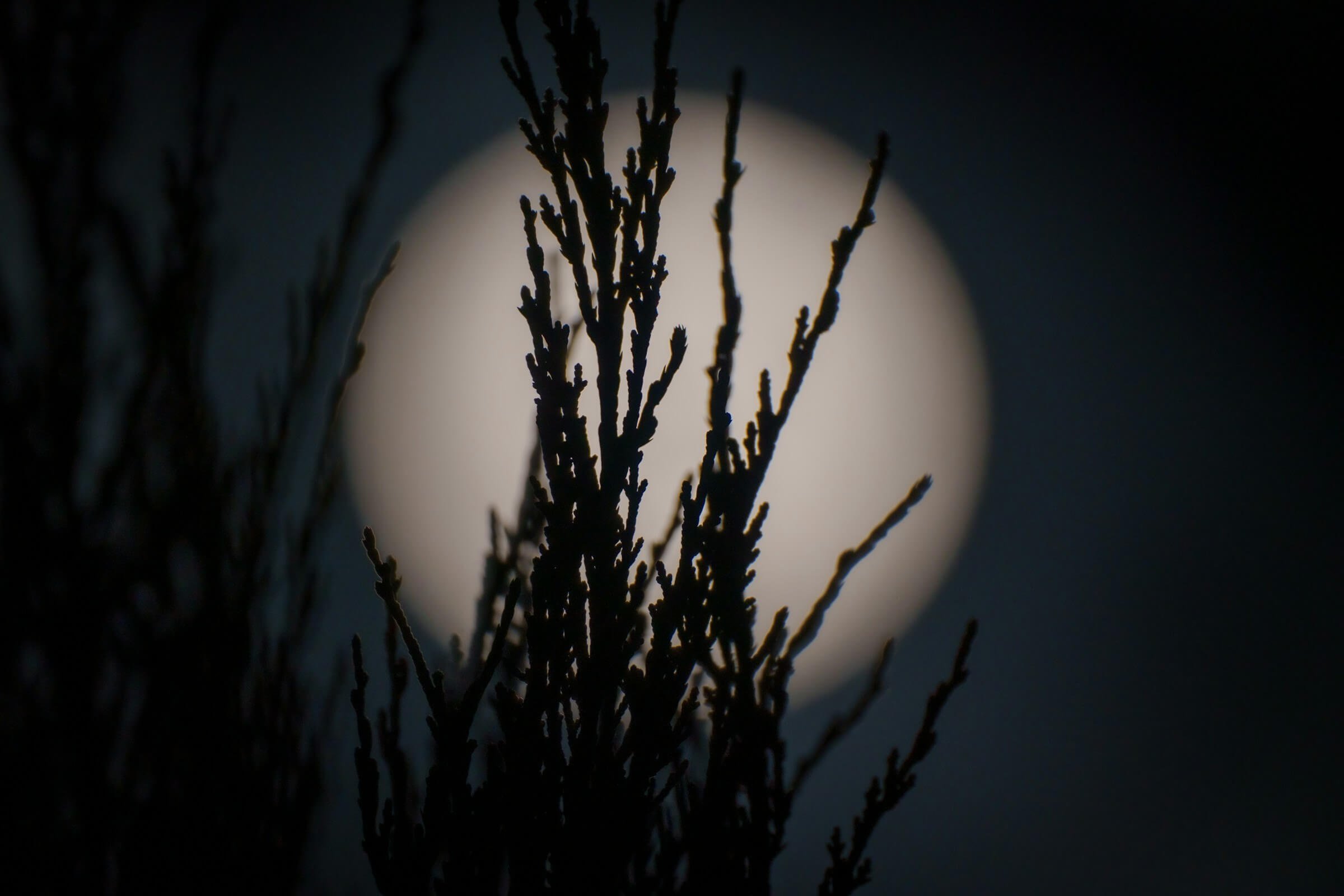Grooving to the circadian rhythm with the Chinese medicine organ clock, part two
The second and final part of this series covers the remaining time periods on the Chinese medicine organ clock. For an introduction to this topic, please see part one.
5 PM to 7 PM | Eating a Light, Mildly to Moderately Salty Dinner
This time period corresponds to the Kidney, and is for eating dinner. The Chinese saying “half of dinner belongs to others; a midnight snack belongs to the ghosts” emphasizes the importance of having a light dinner so that you can digest it all before going to sleep. Additionally, it is recommended to avoid eating an excessive amount of salt at dinner as the salty flavor is associated with the Kidney; while the flavor associated with an organ of Chinese medicine benefits that organ in moderation, in excess it can have the opposite effect. In the language of conventional medicine, the kidneys have a connection to salt because they play a role in regulating blood pressure, which excessive salt intake can increase. Your blood pressure doesn’t need “help” from liberal use of the salt shaker to reach its peak during this time period, as it does this naturally.
7 PM to 9 PM | Ending the Day on a Joyful Note
The purpose of this time period is to set yourself up to go to bed happy. This time period corresponds to the Pericardium, which protects the Heart on both physical and emotional levels. Experiencing joy during this time period builds up your Heart emotionally, promoting restful sleep. For example, you could move or sit outside, talk on the phone with a friend, or play a game. While screen time is not recommended during this time period as the Pericardium governs interpersonal relationships (and attached as you may be to the lead character in a show you’re watching, that doesn’t count), if this is calling to you as a source of joy then you may want to choose lighter fare, such as a comedy. This is not the time period for drama off the screen either, although it can easily become that if you are experiencing stress in a relationship.
9 PM to 11 PM | Going to Bed (Literally and Perhaps Figuratively)
This time period corresponds to what is often translated as the Triple Burner, which is so elusive that even its classification as an organ is up for debate. Like the lymphatic system, the Triple Burner is involved in fluid regulation. In Chinese medicine this implicates organs in the upper, middle, and lower parts of the body’s trunk, or the Upper, Middle, and Lower Burners, respectively. The Triple Burner requires sleep during this time period to function properly. It is during this time period that your body secretes melatonin, a hormone that plays a role in sleep. If you are in a romantic relationship, it is also beneficial to go to bed in the figurative sense during this time period before you get some shuteye. The Chinese character for this time period depicts two people together, one of whom is pregnant.
11 PM to 1 AM | Sleeping for a Better Tomorrow
Okay, but the episode of the show you were watching after dinner ended on a cliffhanger and you just couldn’t stop watching, so you watched a few more episodes and now you’re getting a second wind! Like, you’re not even tired at all and you think you’ll watch yet another episode! Tempting as this is, that second wind doesn’t come out of thin air. It comes from the energy your Gallbladder creates during this time period for the next day. This time period corresponds to the Gallbladder, which is associated with the rat in the Chinese zodiac because both have a high output rate; the Gallbladder churns out the next day’s energy and the rat churns out…more rats. While there is benefit to getting up early, burning the candle at both ends is not sustainable. Today’s second wind blows out tomorrow’s flame.
1 AM to 3 AM | Dreaming to Process Yesterday
This time period corresponds to the Liver, and is for sleeping; if you do not sleep, you cannot dream, and part of the reason why sleep deprivation is detrimental to your health is actually that it can be coupled with dream deprivation. The Liver, specifically the Liver-Mind, is responsible for dreaming. Like it sounds, the Liver-Mind is the mental aspect of the Liver; as explained in a previous blog post, the organs of Chinese medicine have broader spheres of influence than their counterparts in conventional medicine. The Chinese character for the Liver-Mind has a component meaning “ghost,” implying that it is a more hidden layer of consciousness, one that is not as easily accessible. The nature of the Liver-Mind is to wander on its own terms: During the day the Liver-Mind picks up on things that do not rise to the level of your awareness, while at night it uses your dreams to communicate these things to you, in the rare state of consciousness but not wakefulness that dreaming represents. However, as is fitting for a more hidden layer of consciousness, the Liver-Mind does not communicate in a clear, straightforward way. The symbolic language of the Liver-Mind can be incredibly cryptic, leading to dreams that appear to make no sense. Disturbing dreams, on the other hand, or chronically awakening during this time period, when deepest sleep is set to occur per your internal clock, may indicate a Liver disharmony.
3 AM to 5 AM | Cultivating Your Breathwork Practice
If you’re thinking that there is no way you are waking up at the crack of dawn to do tai chi or yoga, don’t worry: While this is certainly one way to cultivate your breathwork practice, an easier way—that doesn’t require you to leave the comfort of your bed—is to carry on sleeping! Your breath naturally slows during this time period, when your body temperature reaches its lowest point. Traditionally, the Chinese medicine organ clock begins with this time period, as breathing is the most fundamental function of human life.
Note: Many thanks to Qì Gōng Master Liu He for her insightful lectures that helped inform this blog post.

